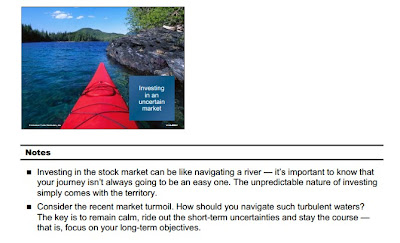When should you start saving for retirement?
Beginning to save for retirement at a young age makes it much easier to save enough to retire comfortably. If you save $5,000 per year beginning at age 25 and earn a 6 percent annual return on your investments, you would reach age 65 with a nest egg of $798,741. If you begin saving $5,000 per year at age 40 and earn the same return, you'll hit age 65 with just $283,161.
In fact, even if you save $10,000 per year beginning at age 40, you'll still end up with significantly less money ($566,315) than if you started saving $5,000 per year in your mid-20s. If you're younger, you should start right away because the value of compound interest is huge.
Call me for a FREE consultation, we will go over your financial situation and create a plan,
Jesse Alvarado
(562)822-5565

